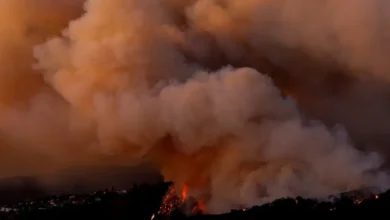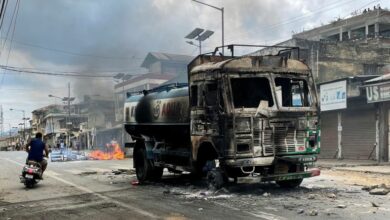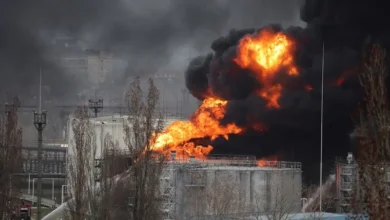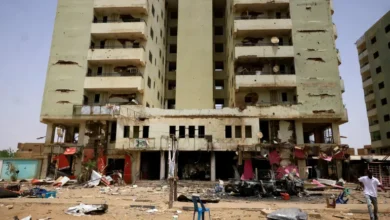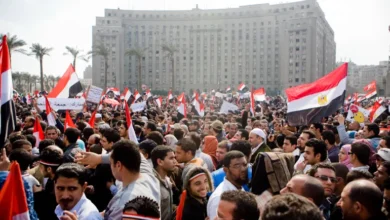Western coverage of Gaza: A textbook case of coloniser’s journalism
Vidya Krishnan
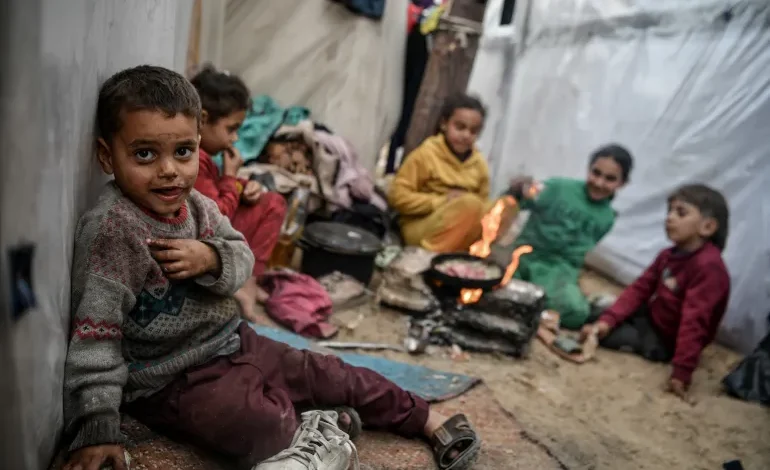
Vidya Krishnan
If you have been following Western media to try to make sense of the heartbreaking images and stories coming out of Gaza during Israel’s invasion, you are bound to be disappointed.
Since the beginning of the latest Israeli assault on the besieged Palestinian enclave – which is proving to be one of the swiftest ethnic cleansing efforts in history – Western news organisations have repeatedly published unsubstantiated claims, told one side of the story and glossed over violence selectively to justify Israel’s violations of international law and shield it from scrutiny.
In doing so, Western journalists have abandoned basic standards in their coverage of Israel’s conduct towards Palestinians. None of this is new. The failures of Western journalism have helped Israel justify its occupation and violence against Palestinians for over 75 years.
On August 6, 2022, more than a year before Hamas’s October 7 attack on Israel, in a particularly egregious break from good journalism, The New York Times buried the lede on the deaths of six Palestinian children in its report on a “flare” in “Israel-Gaza fighting”.
In the report, the journalists waited until the second paragraph to mention that six children were among those killed by Israeli strikes in the Jabalia refugee camp in Gaza and without even breaking the sentence added that “Israel said some civilian deaths were the result of militants stashing weapons in residential areas” and “in at least one case, a misfired Palestinian rocket killed civilians, including children, in northern Gaza”.
In journalism schools this is identified as “breathless” reporting. And it turned out to be wrong reporting too. Ten days later, the Israeli military finally admitted that it was behind the strikes that killed those children in Jabalia.
The New York Times did not report this bit as breathlessly.
I could call it unprofessional – which would be true as the coverage of this conflict in Western media has clearly been shaped by ideology rather than rigorous fact-checking. Such an assessment, however, would gloss over a deeper, more profound problem within Western journalism: coloniality.


